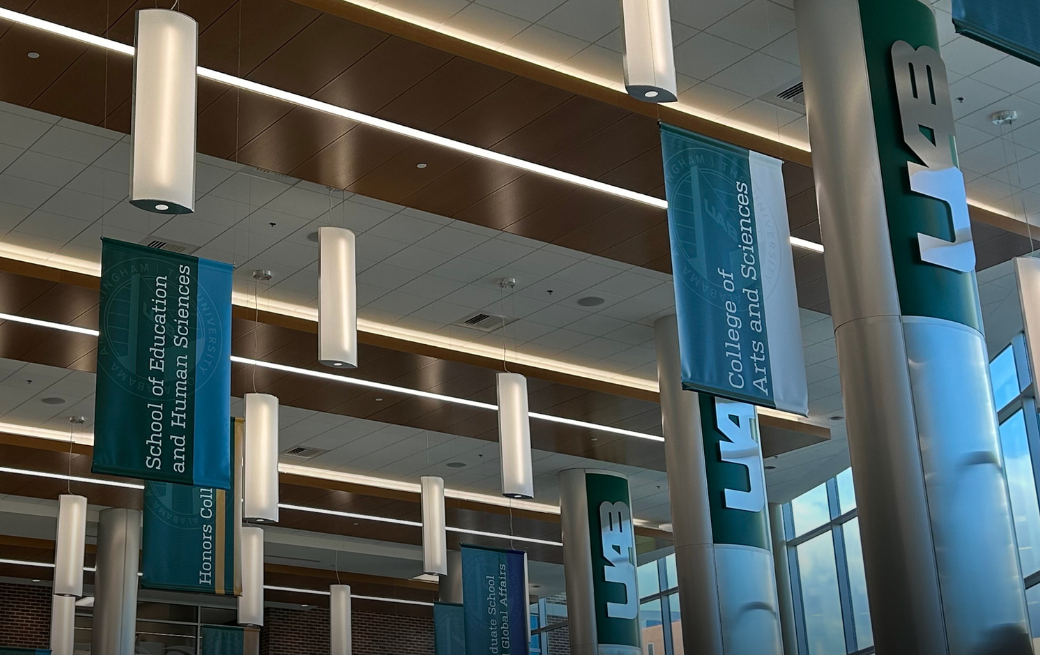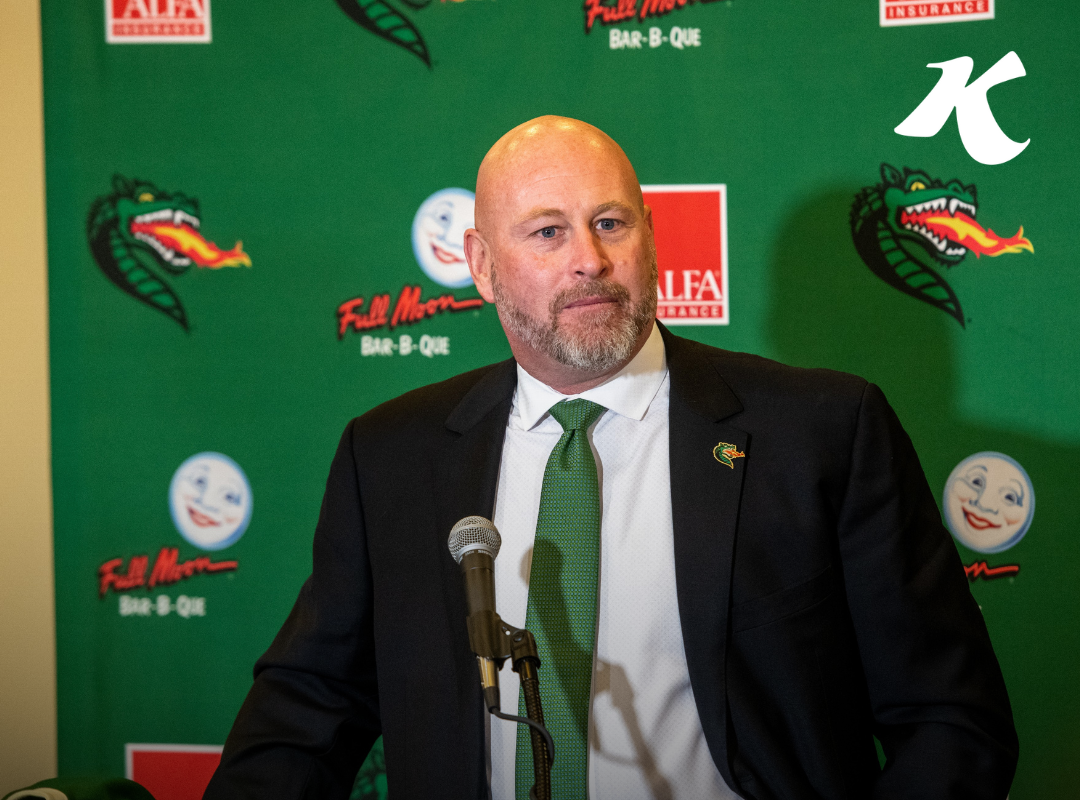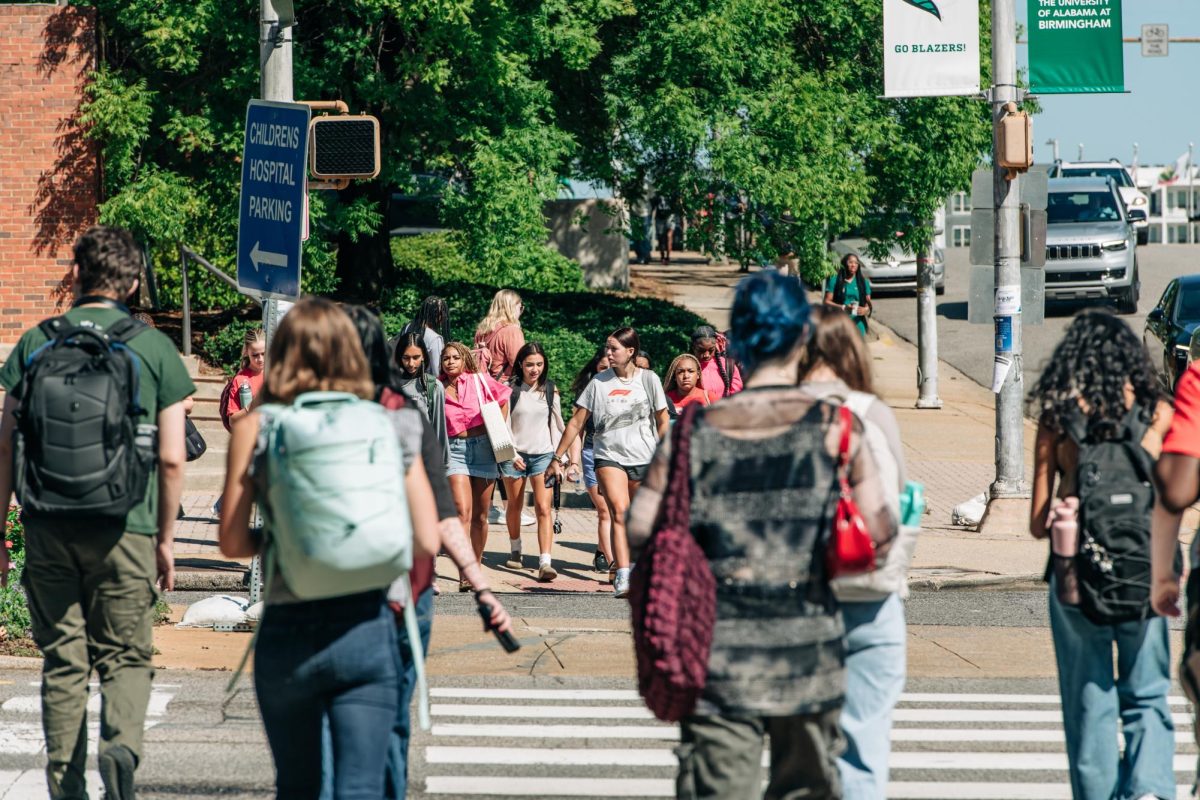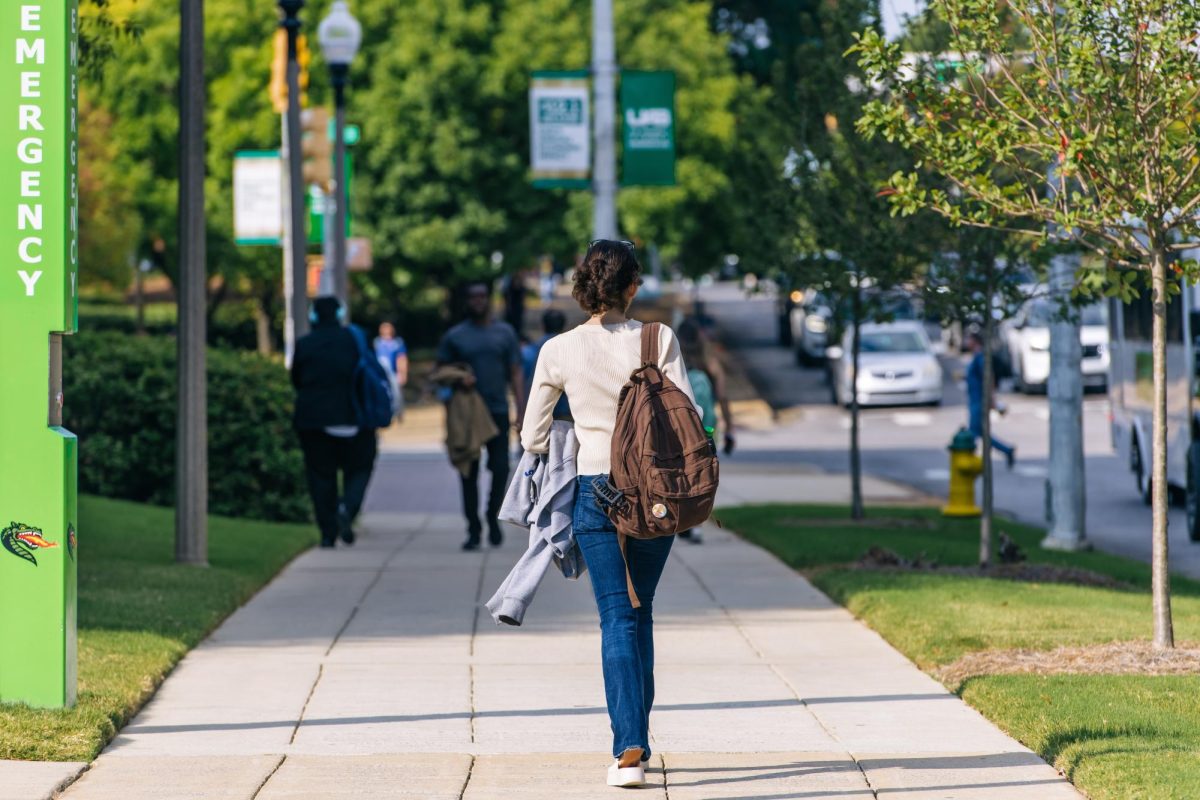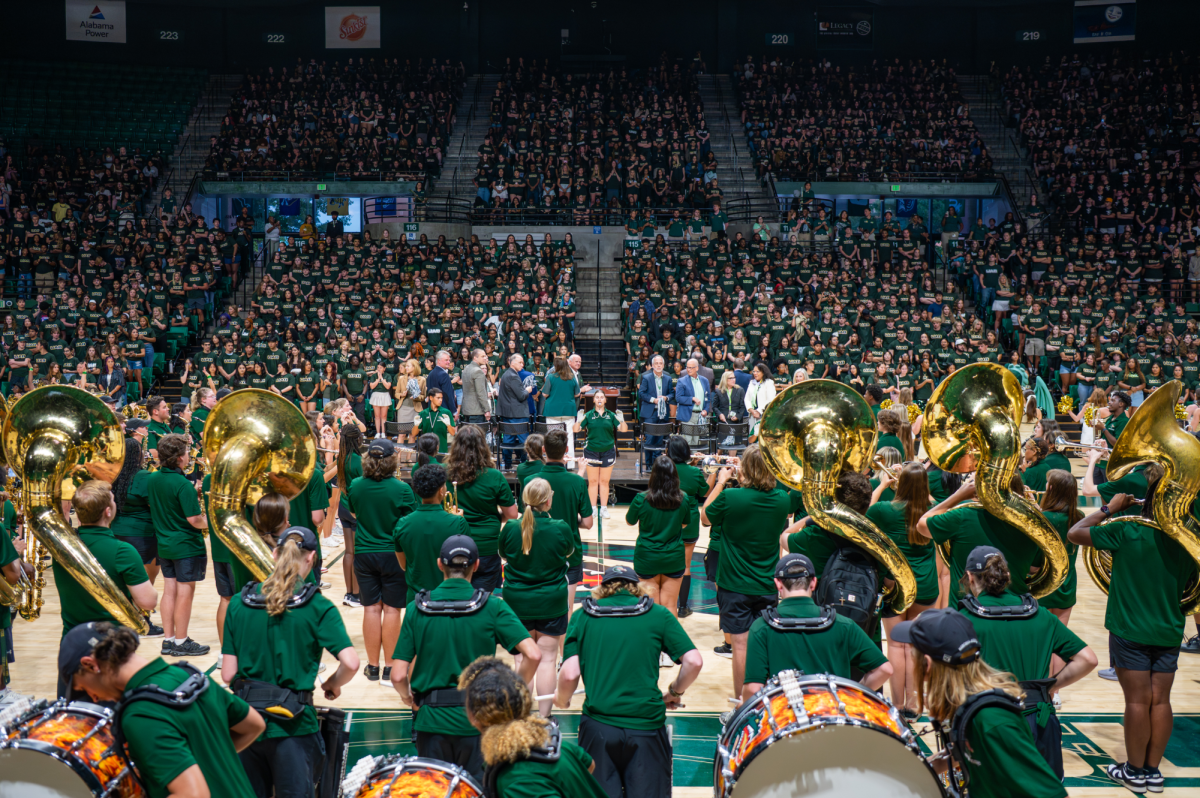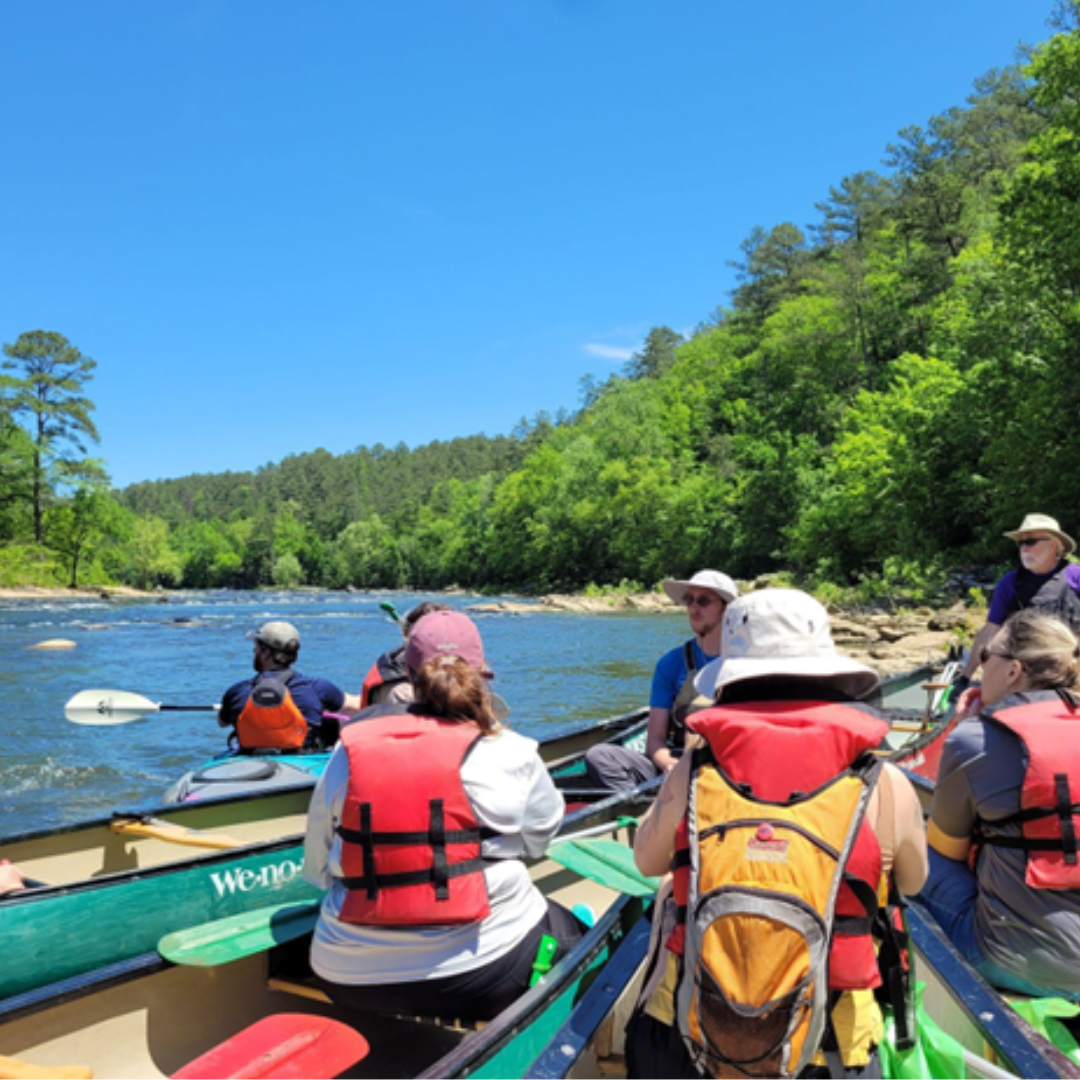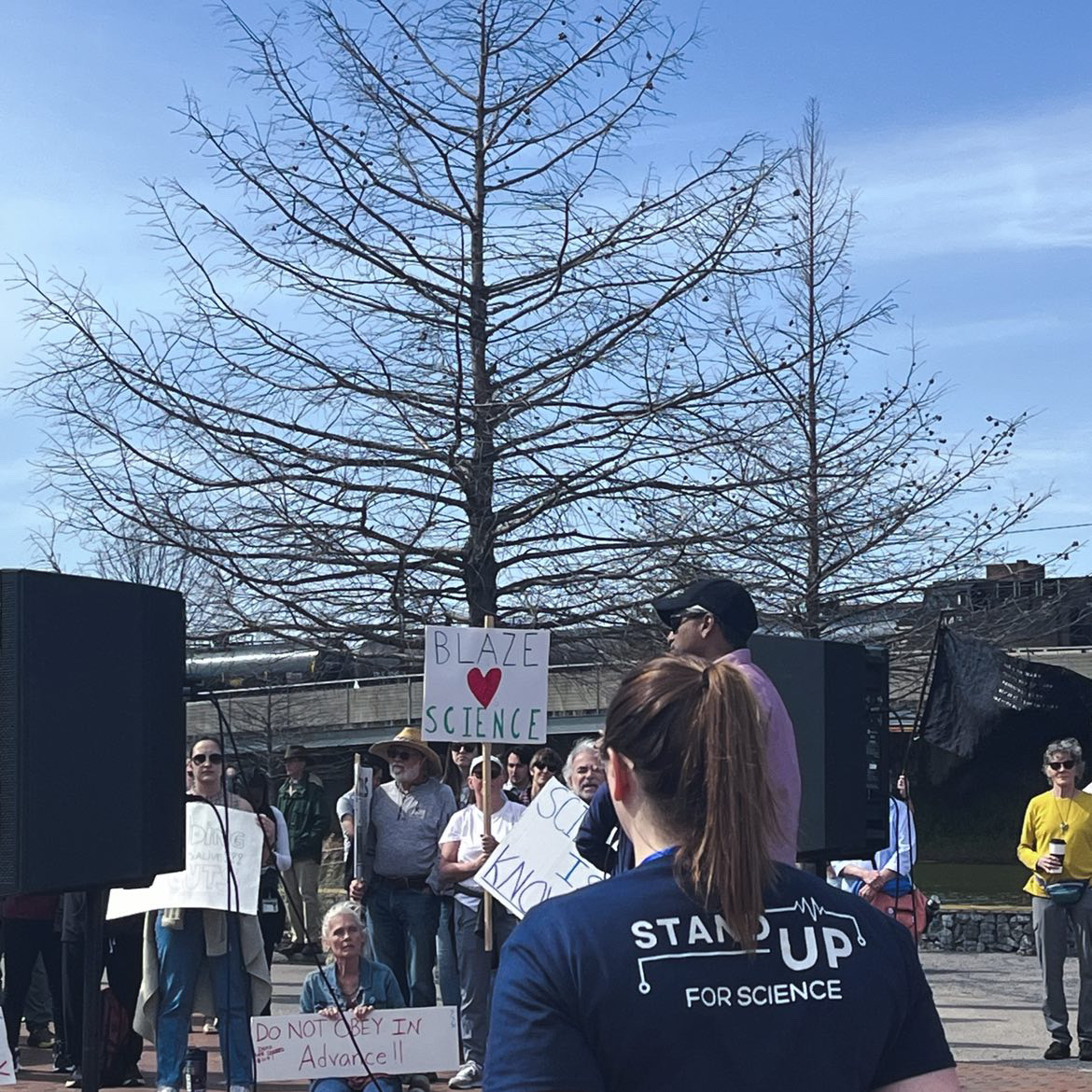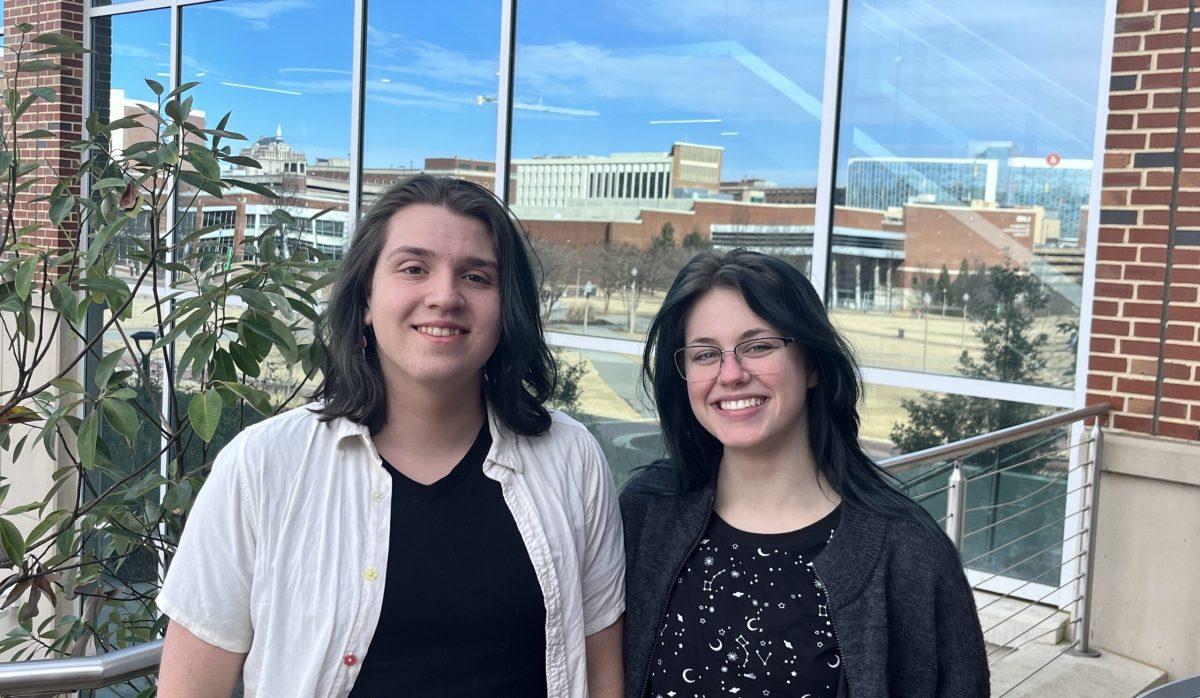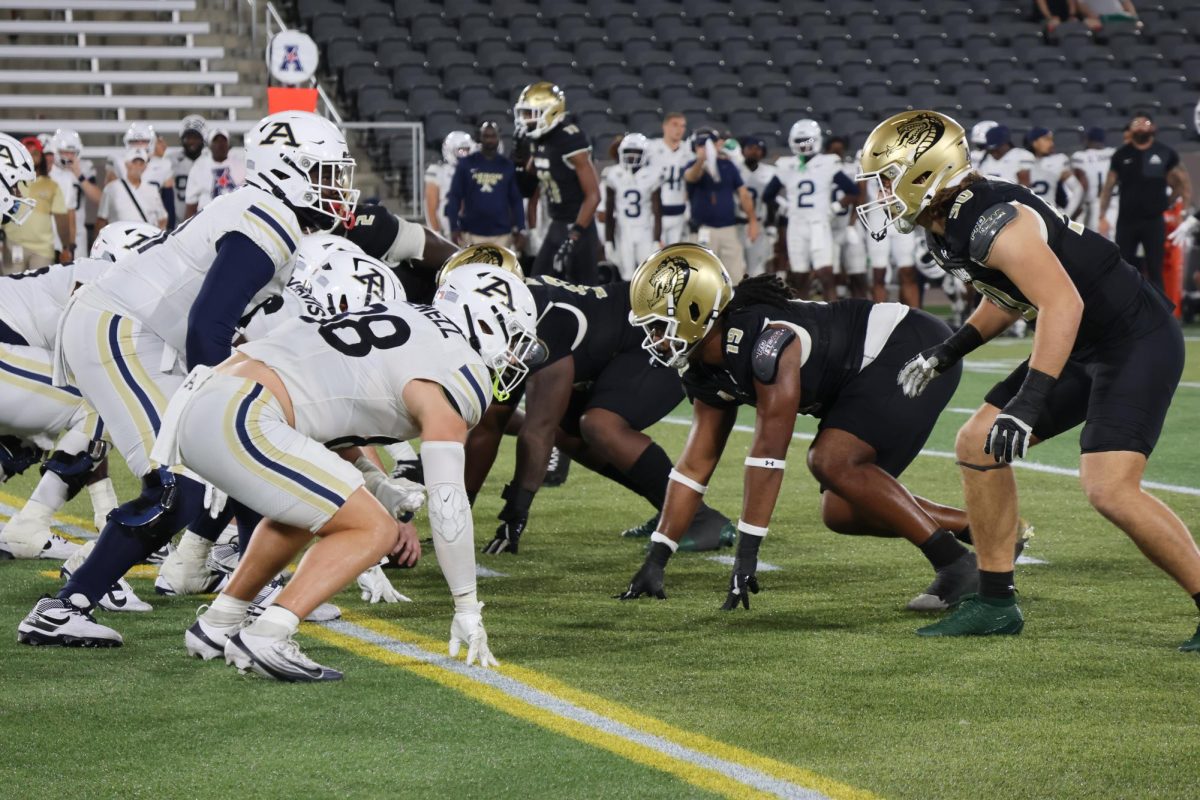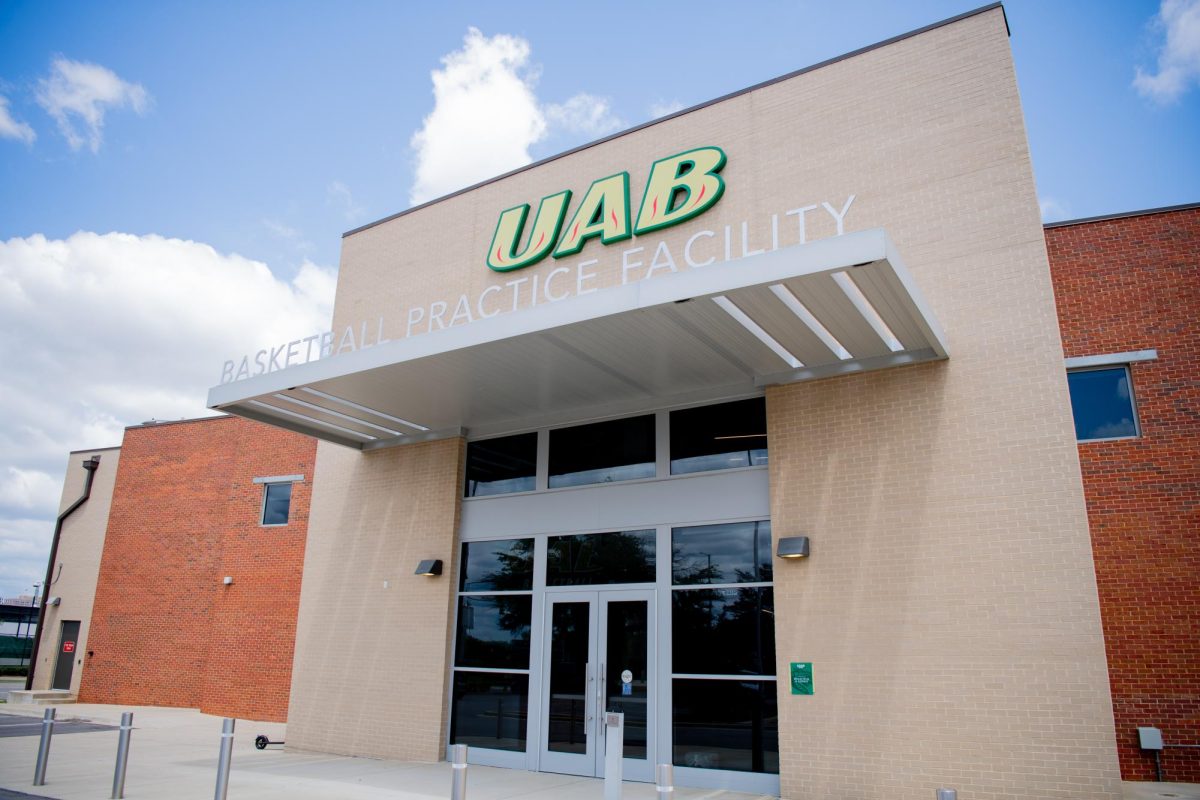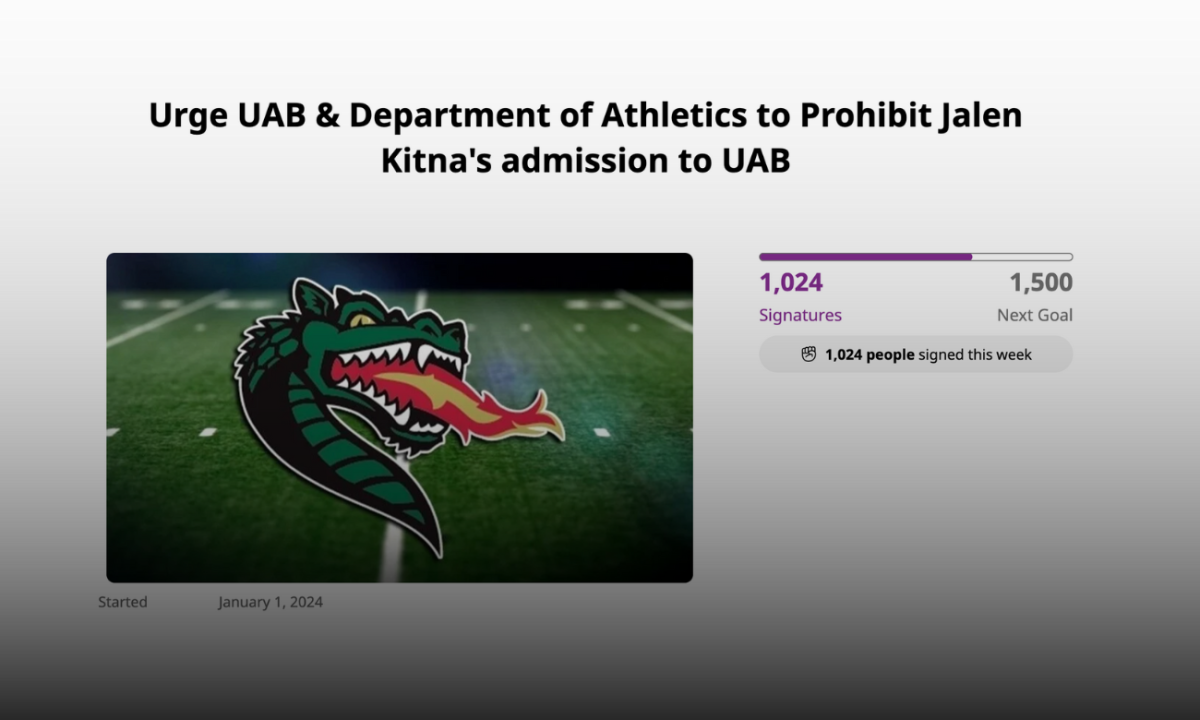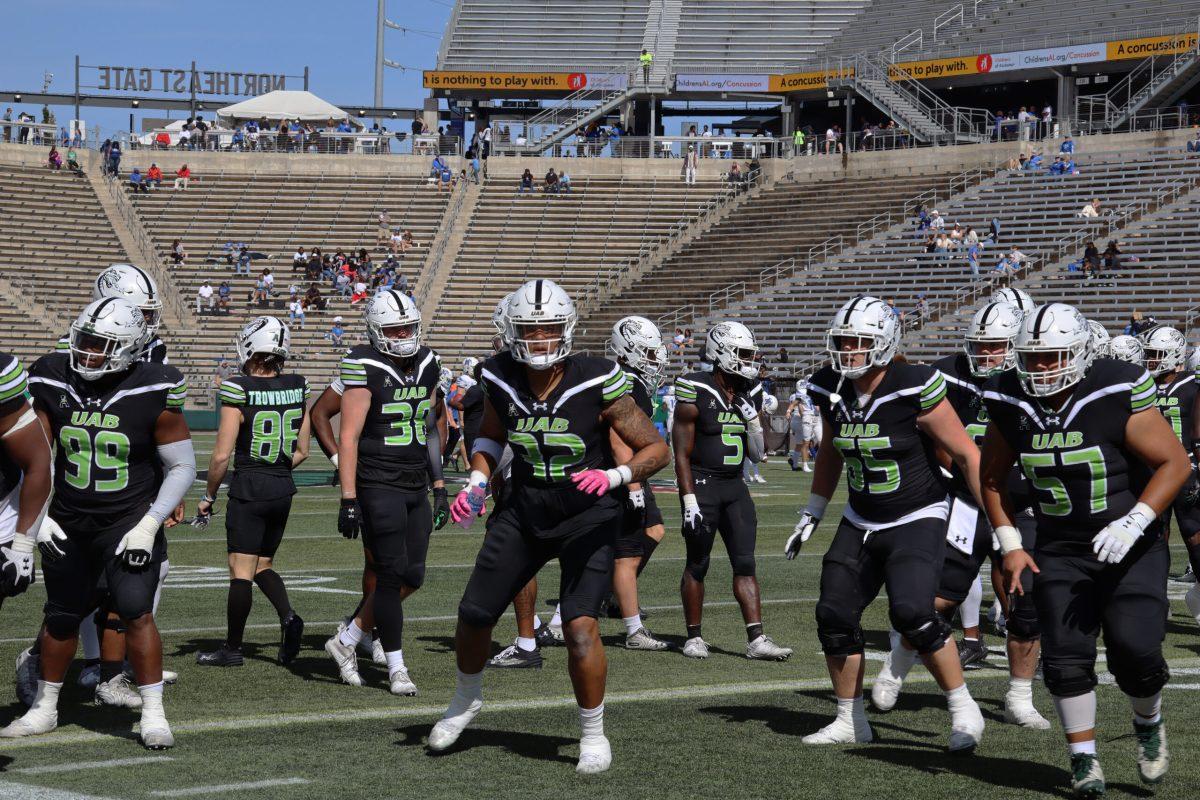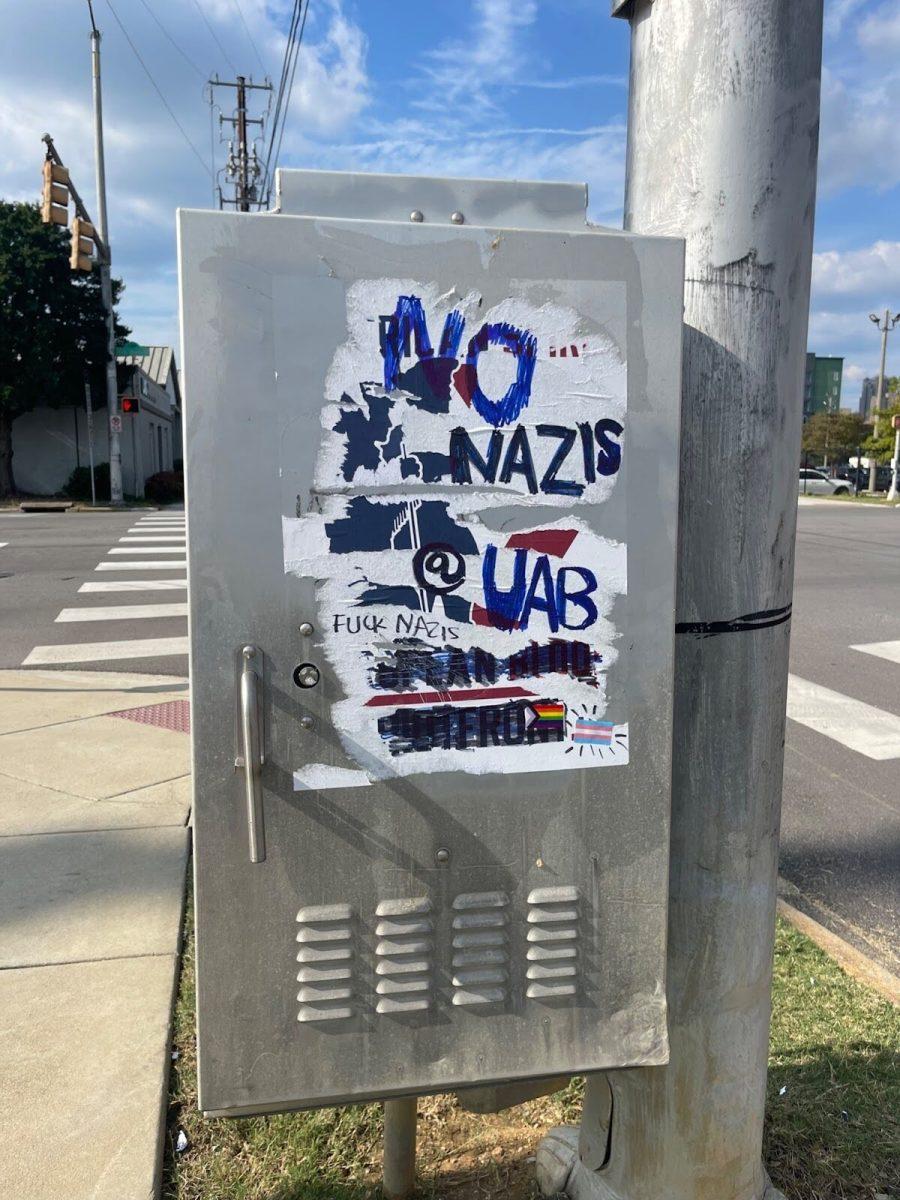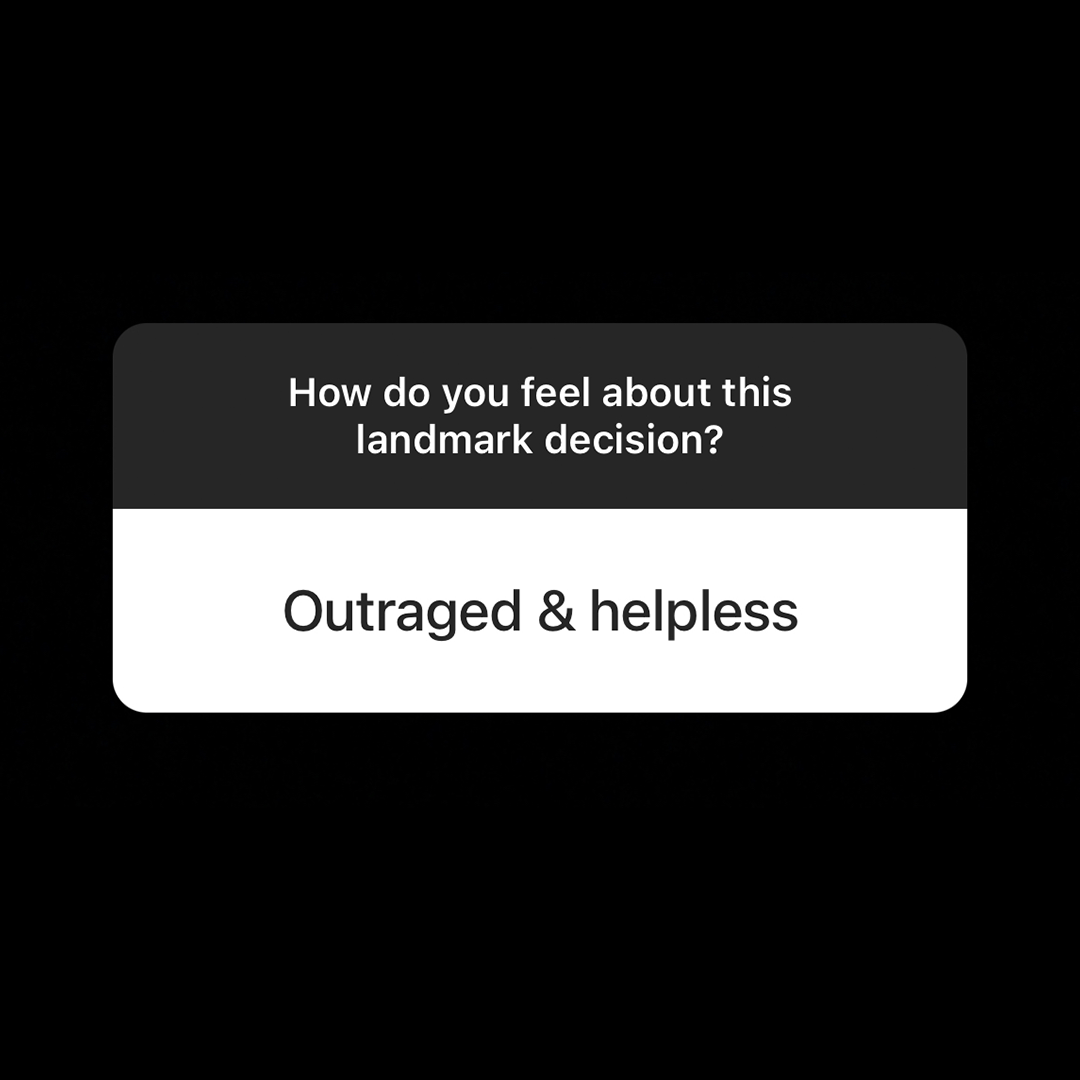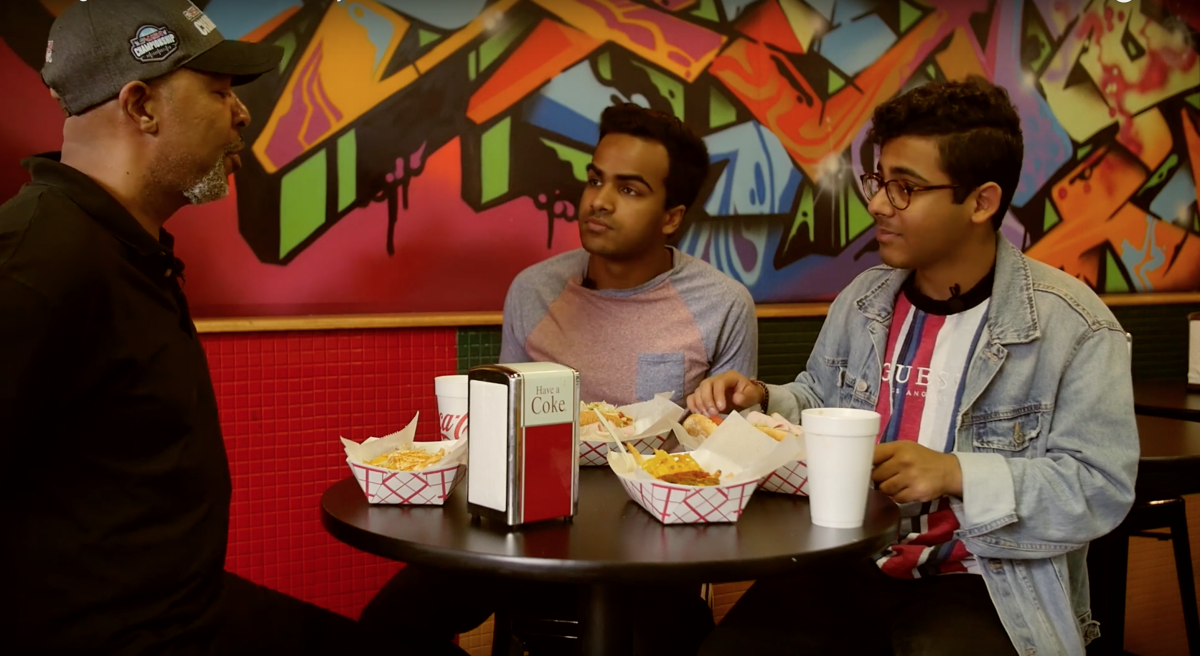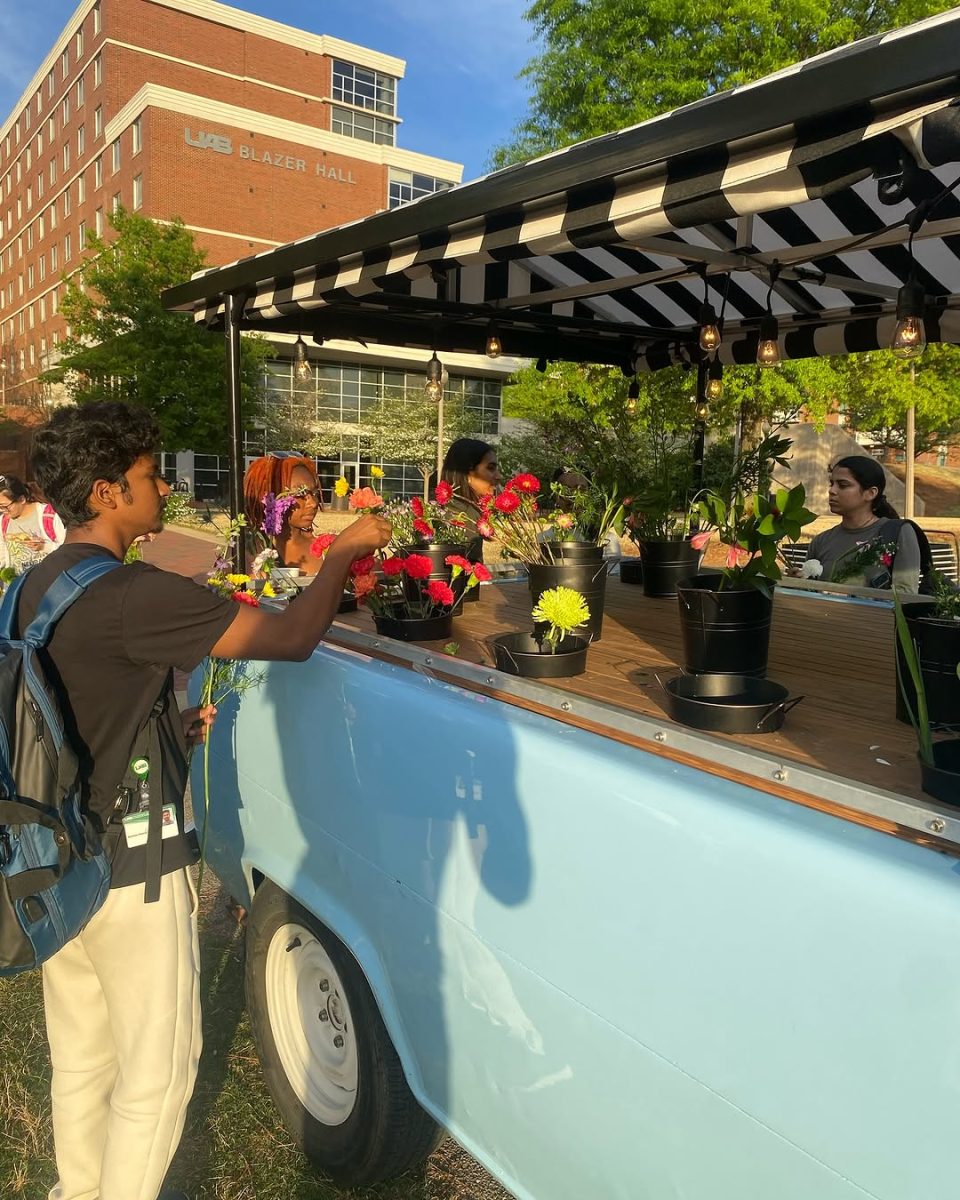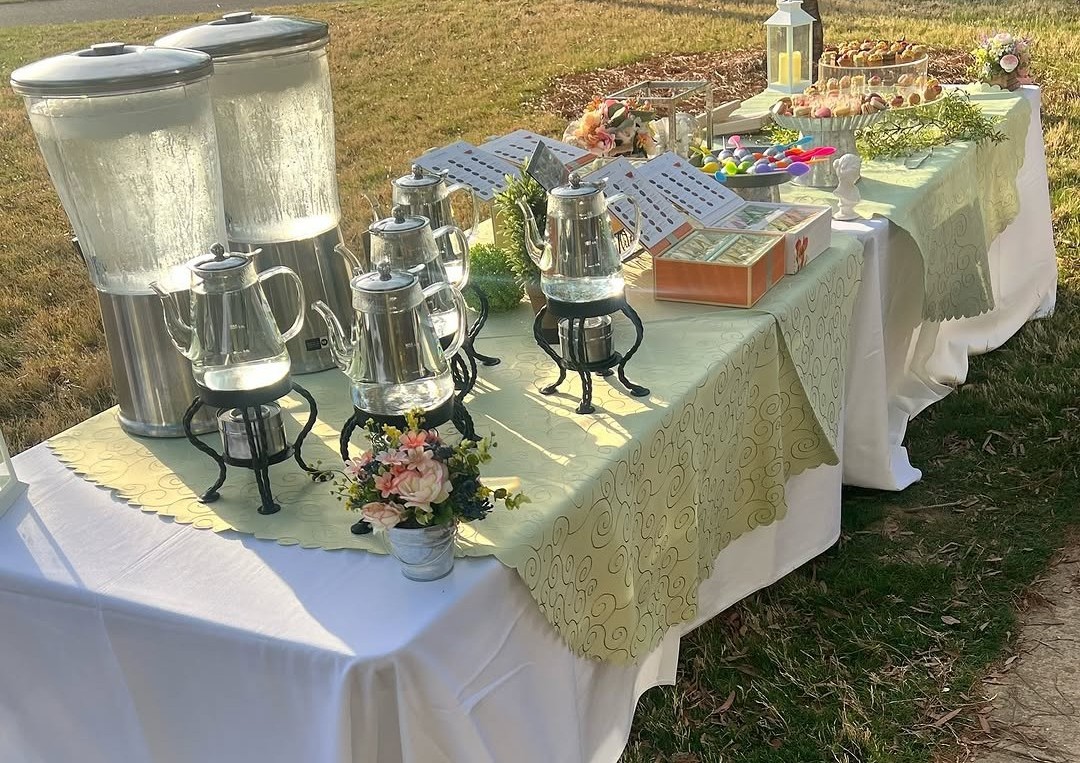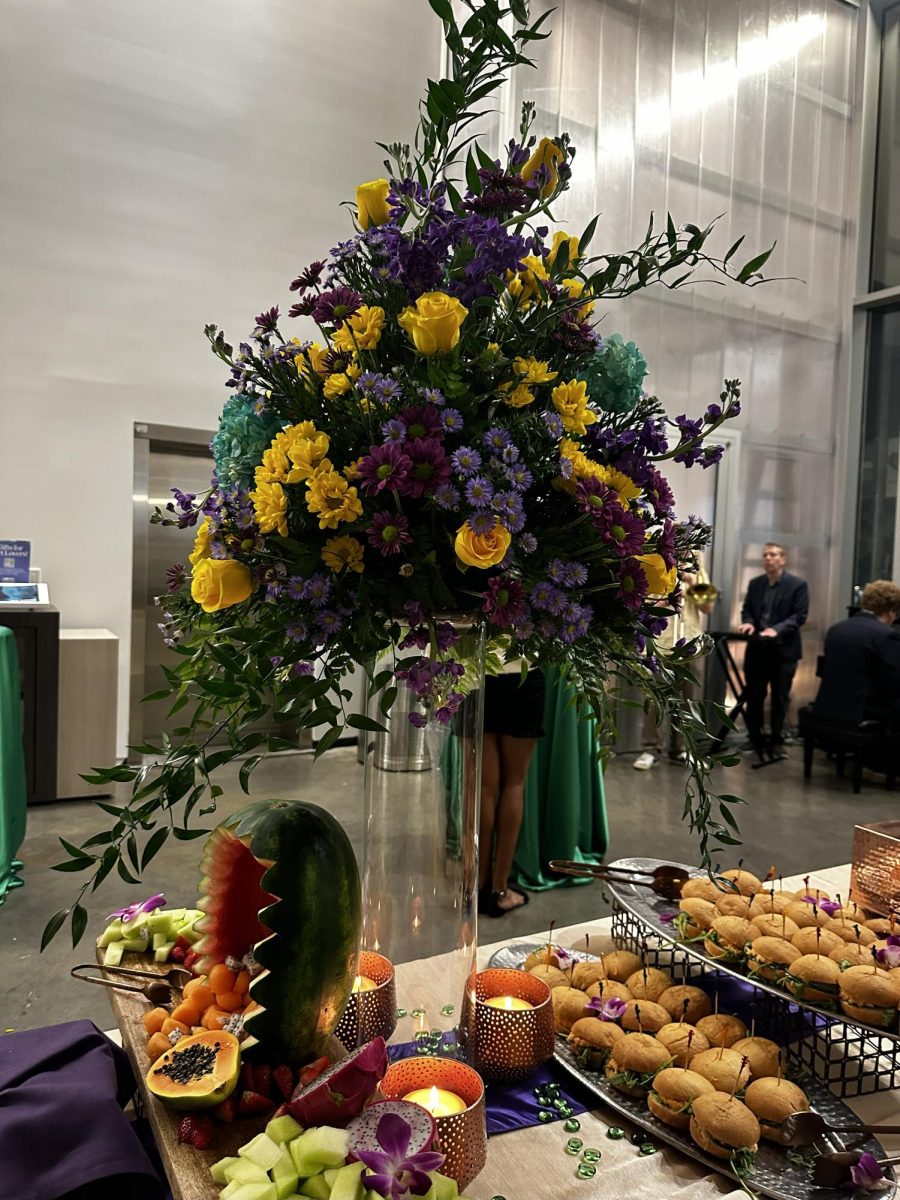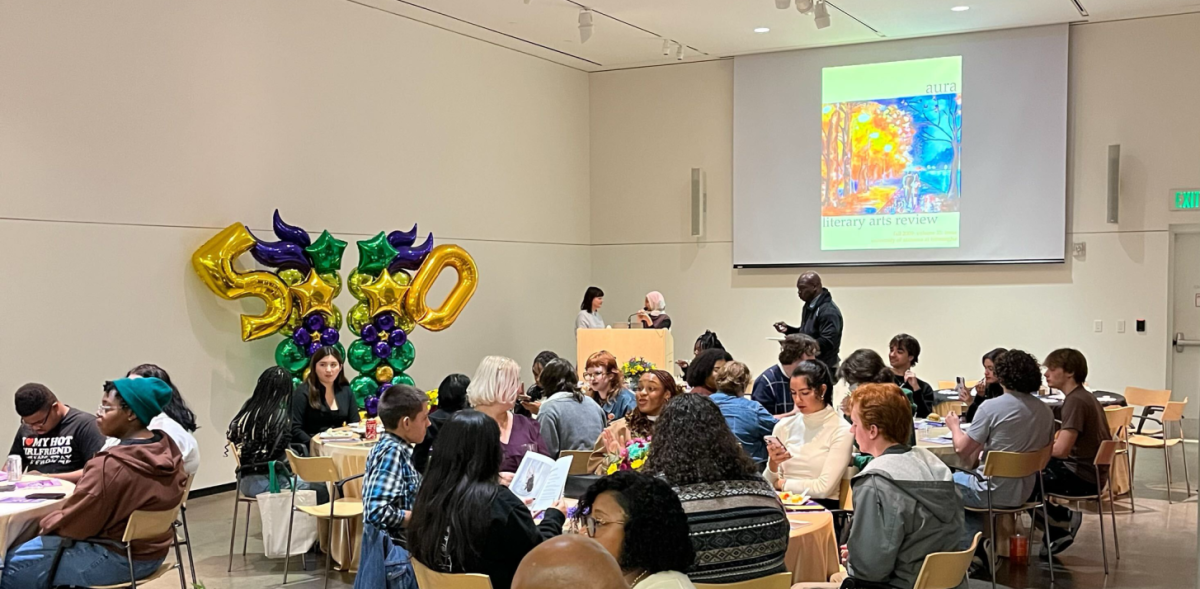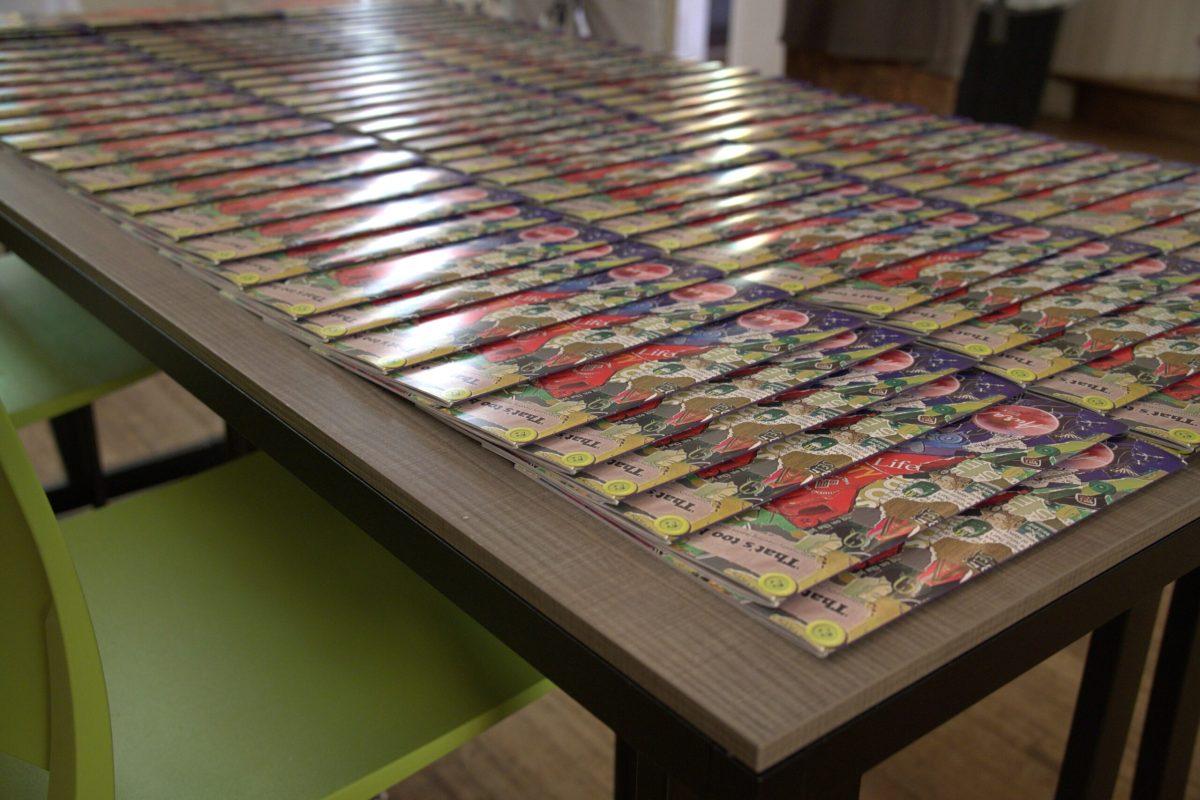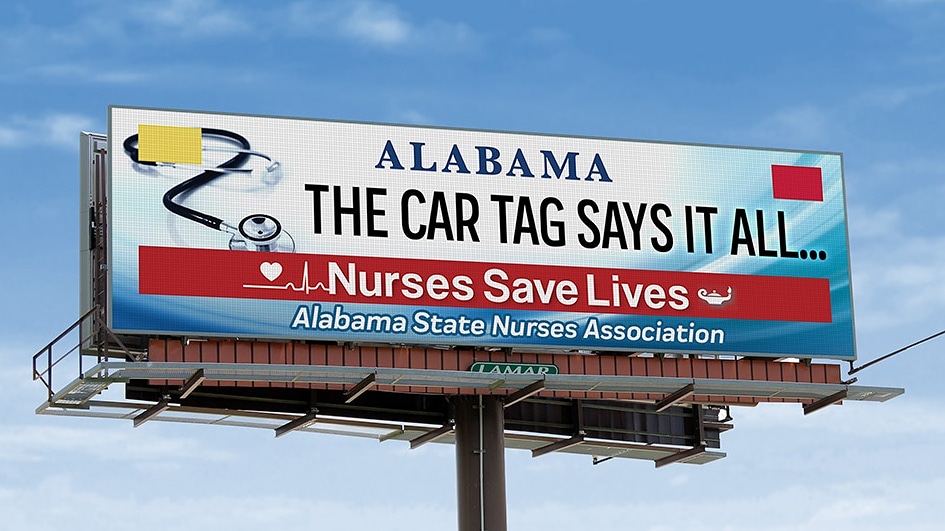By Celia Shepard
This article has been updated with minor changes to grammar and formatting.
ASNA released the results of their second statewide survey of more than 2,600 Alabama nurses on March 3. The 16-question survey encouraged respondents to write about their own individual
experiences about being a nurse at this time as well as to state how much or how little they agree with
various statements.
The survey conducted by the Alabama State Nurses Association aimed to capture Alabama nurses’
current attitudes during the COVID-19 pandemic as well as how those attitudes have changed over the
past six months.
For example, in 2020, respondents were asked to rate how much or how little they agree with the
statement “my perception is that my facility has a shortage of nurses.” At the time, there were just
about as many people who agreed and strongly agreed (23% each). The plurality disagreed with the
statement (30%).
This year, the numbers have changed. 56% of respondents to the 2021 survey strongly agreed that their
facilities had a shortage of nurses. 24% agreed, 12% were neutral, 6% disagreed, and 1% strongly
disagreed with that statement.
Dr. Lindsey Harris, president of ANSA, spoke in Thursday’s press conference.
“There are some things that
they’ve seen and they’re doing that they’ve never done before.
“So, this really has impacted nurses, possibly to even develop a sense of PTSD,” Harris said.
Dr. John Ziegler, Executive Director of ASNA, commented on comparisons between frontline nurses to
soldiers that he’s heard over the past months.
“These nurses have been in combat for months,
particularly the frontliners that were in ICU units,” said Ziegler. “They watched people die more
frequently than ever before.”
Ziegler also shared the details of one of the anonymous written responses to the survey ASNA had
received.
“One nurse told us in the survey that she had three colleagues that she’d worked with for years on their
unit that passed away in one week from COVID,” he said. “She was standing there, turning off the
ventilators after they passed away, after holding an iPad as they said goodbye to their relatives, and
then she had no time to personally grieve; she had to go back to work on more COVID patients.”

